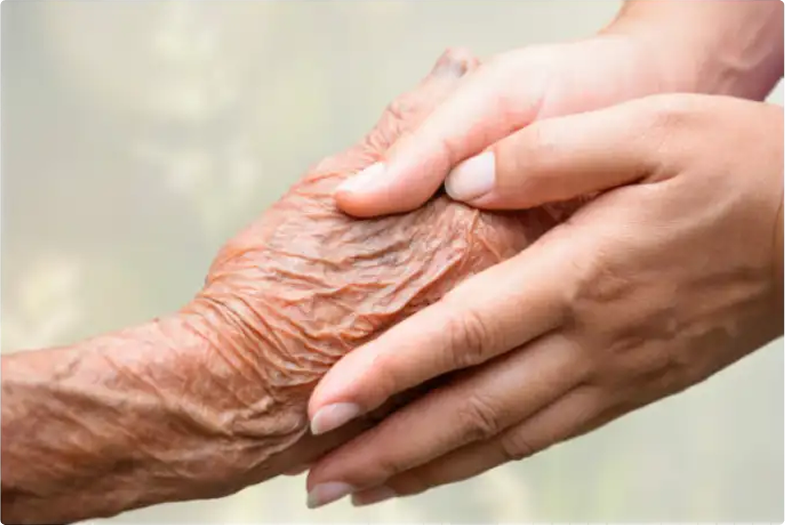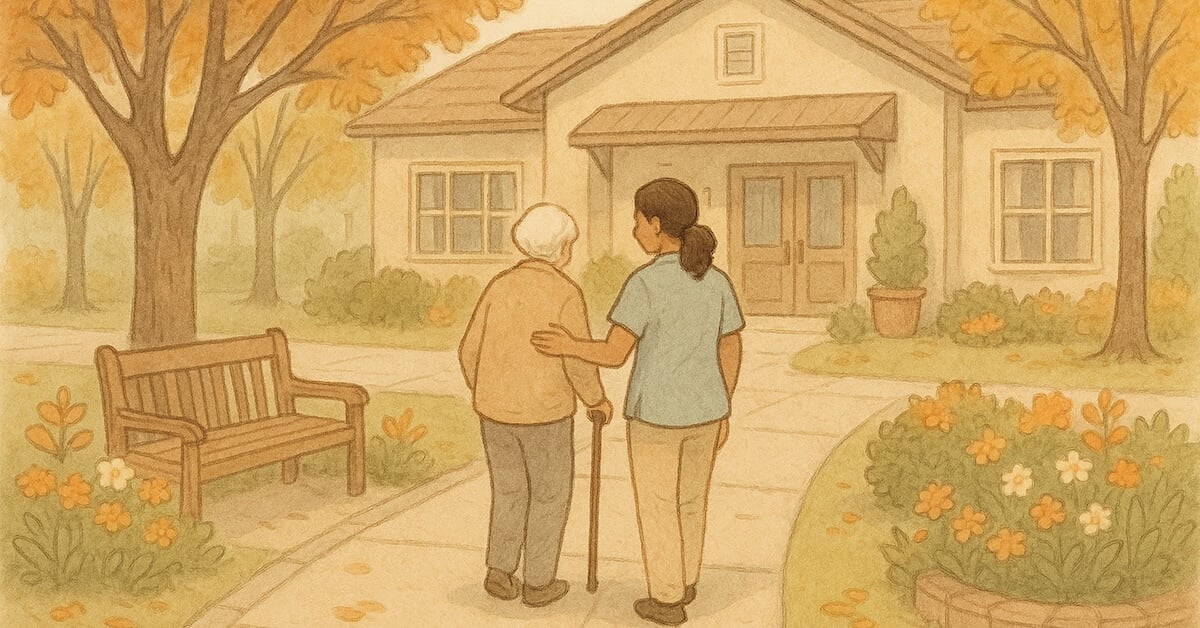Compassionate Touch® and the CMS HOPE Model: A Powerful, Research-Driven Approach to Pain, Symptoms, and Psychosocial Support in Hospice Care
As CMS prepares the field for the Hospice Outcomes & Patient Evaluation (HOPE) Model, hospice organizations nationwide are re-examining how they deliver, document, and demonstrate quality. The HOPE Model — a comprehensive assessment and quality framework designed to replace the Hospice Item Set (HIS) — elevates key domains of care that lie at the heart of hospice philosophy. These include pain management, symptom (and behavioral) management, and psychosocial and spiritual needs.
Learn more from CMS here.



-1.jpg)

.jpg)
%20(3).jpg)
.jpg)